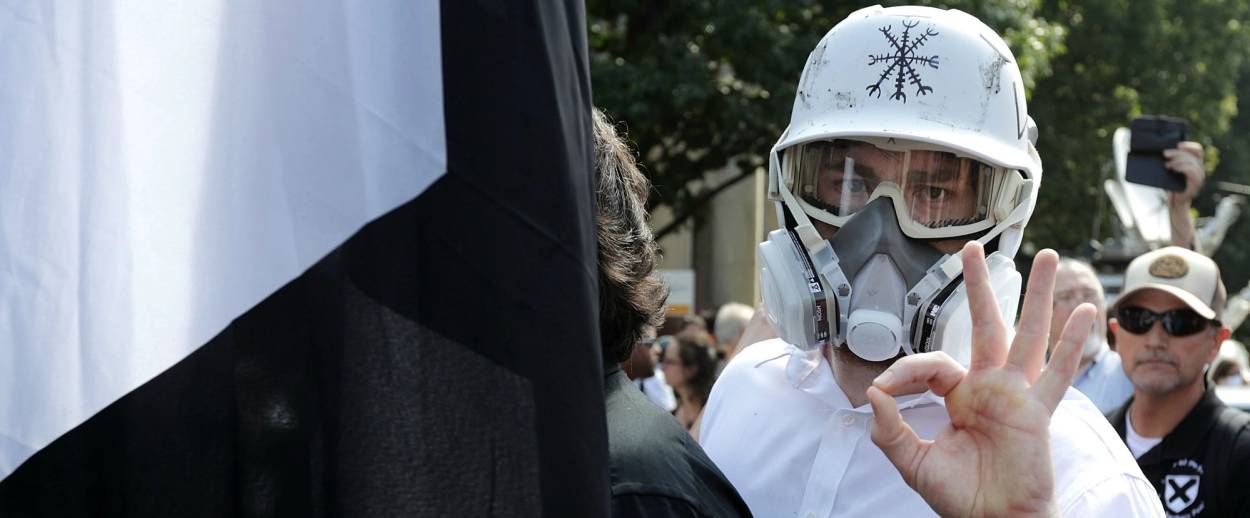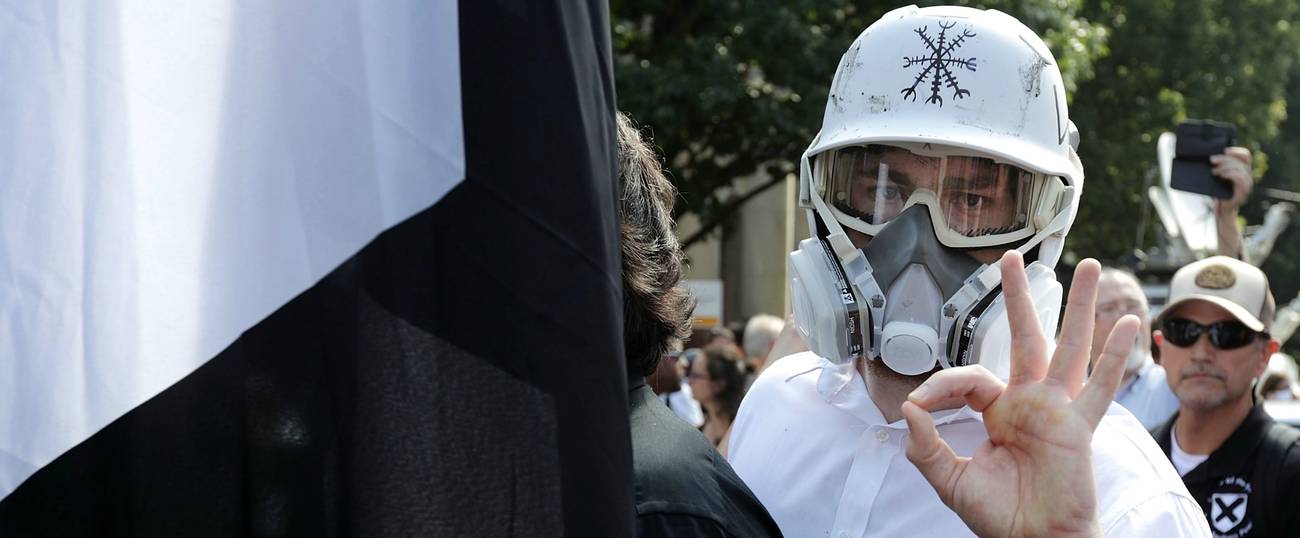What Is the Alt-Right?
Profiles in bigotry and hate from the Tablet archives




Ever since Donald Trump’s ascendancy as the Republican nominee, Tablet has been covering the hateful movement known as the alt-right. In light of this weekend’s violence in Charlottesville, Virginia, we will be reposting some of our most relevant pieces on the subject throughout the day. Having examined the intellectual origins of the alt-right, it’s time to ask who are these bigots:
In the spring of last year, a few of the alt-right’s most influential figures published a manifesto of sorts on Breitbart.com. “The article,” wrote Armin Rosen, “which is written in the elevated language of ideas and legitimate political discourse, is important for decoding the Trumpist phenomenon.”
One of the article’s authors was Milo Yiannopoulos, the controversial speaker and author. “Simultaneously vacuous and sinister, equal parts nihilist and narcissist, Yiannopoulos is the model Trump advocate,” wrote Jamie Kirchick. “Designed solely to titillate its audience, ‘Milo Yiannopoulos’ is a caricature of what resentful, misanthropic, frat bros believe a gay man to be: morally depraved, sexually licentious, and utterly self-aggrandizing. Unlike the old Milo, the new Milo gets to have creepily adoring fans and, in his telling, sex with lots of black dudes. Unlike old Milo, new Milo sells his own brand of T-shirts. And unlike old Milo, the product of a broken home, the new Milo has a ‘Daddy’ in Donald Trump.”
No discussion of Breitbart, of course, would be complete without mention of Steve Bannon, the site’s influential former boss. Bannon’s ascent to power, wrote Bari Weiss, should trouble everyone, particularly Jews: “We will never know what’s in Steve Bannon’s heart. What we know is that he is proud to have provided the bullhorn for a movement that unabashedly promotes white nationalism, racism, misogyny, and the relentless identification of Jews as the champions of the country’s most nefarious forces, like ‘globalism’ and ‘elitism,’ that the alt-right seeks to destroy.”
Haroon Moghul agreed: “may have imagined that Muslims and Jews would rather mistrust and fear each other than work together to stop them,” he wrote. “I intend to prove them very, very wrong.”
Liel Leibovitz is editor-at-large for Tablet Magazine and a host of its weekly culture podcast Unorthodox and daily Talmud podcast Take One. He is the editor of Zionism: The Tablet Guide.